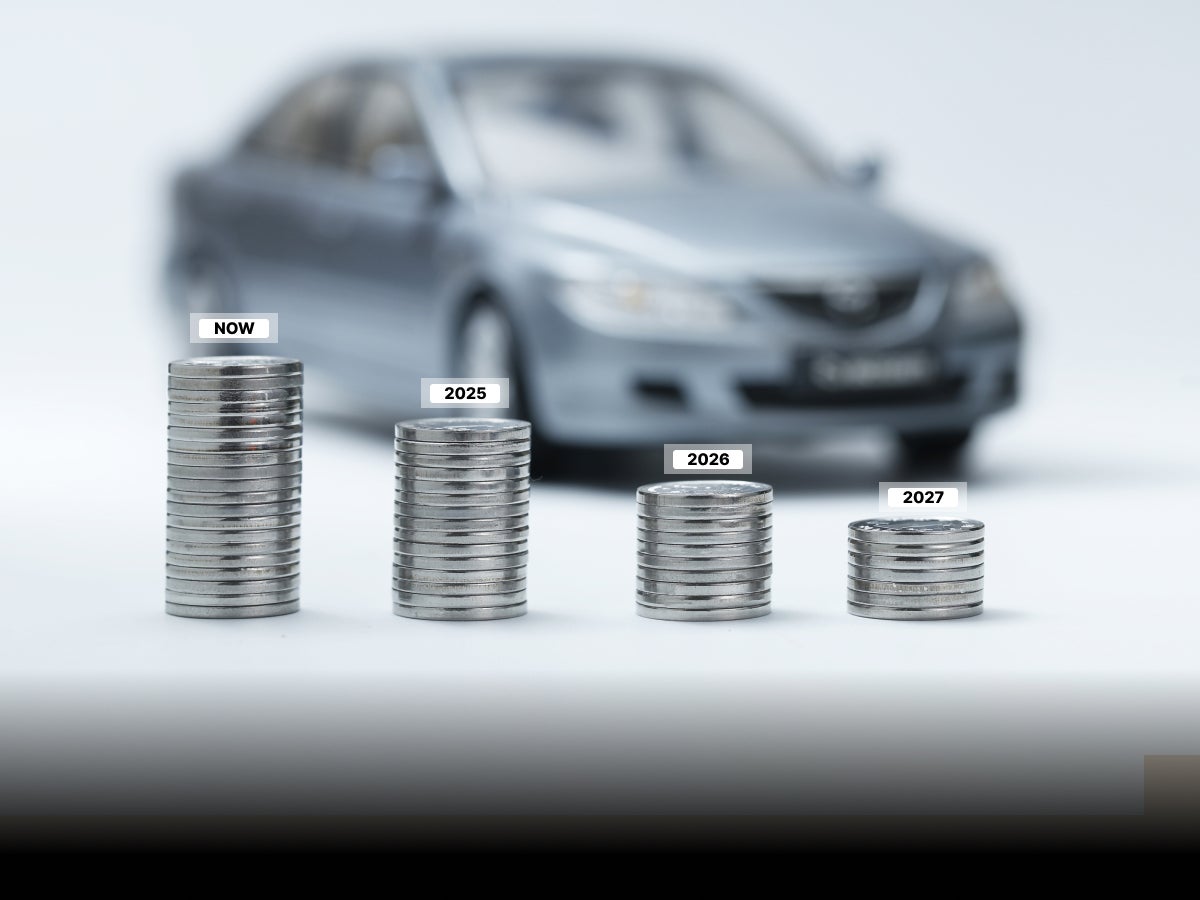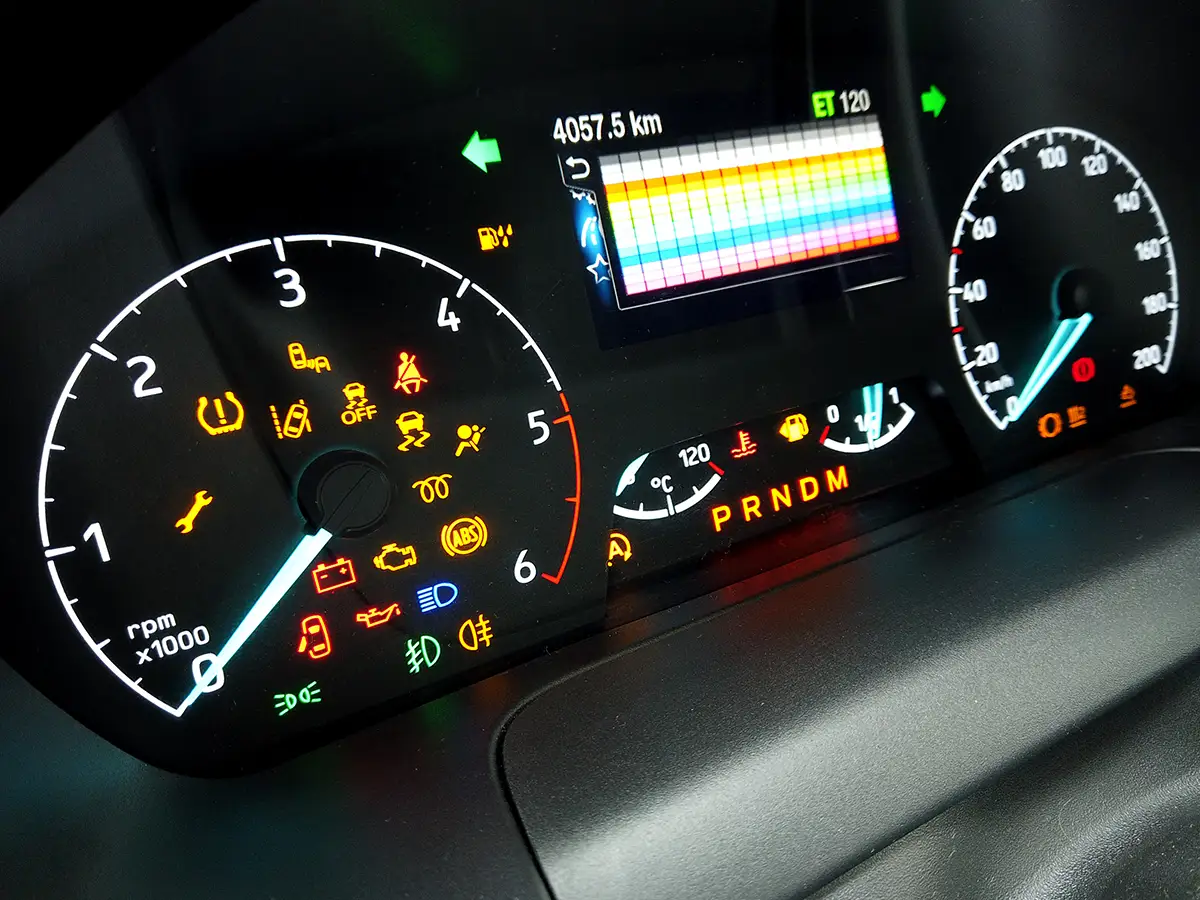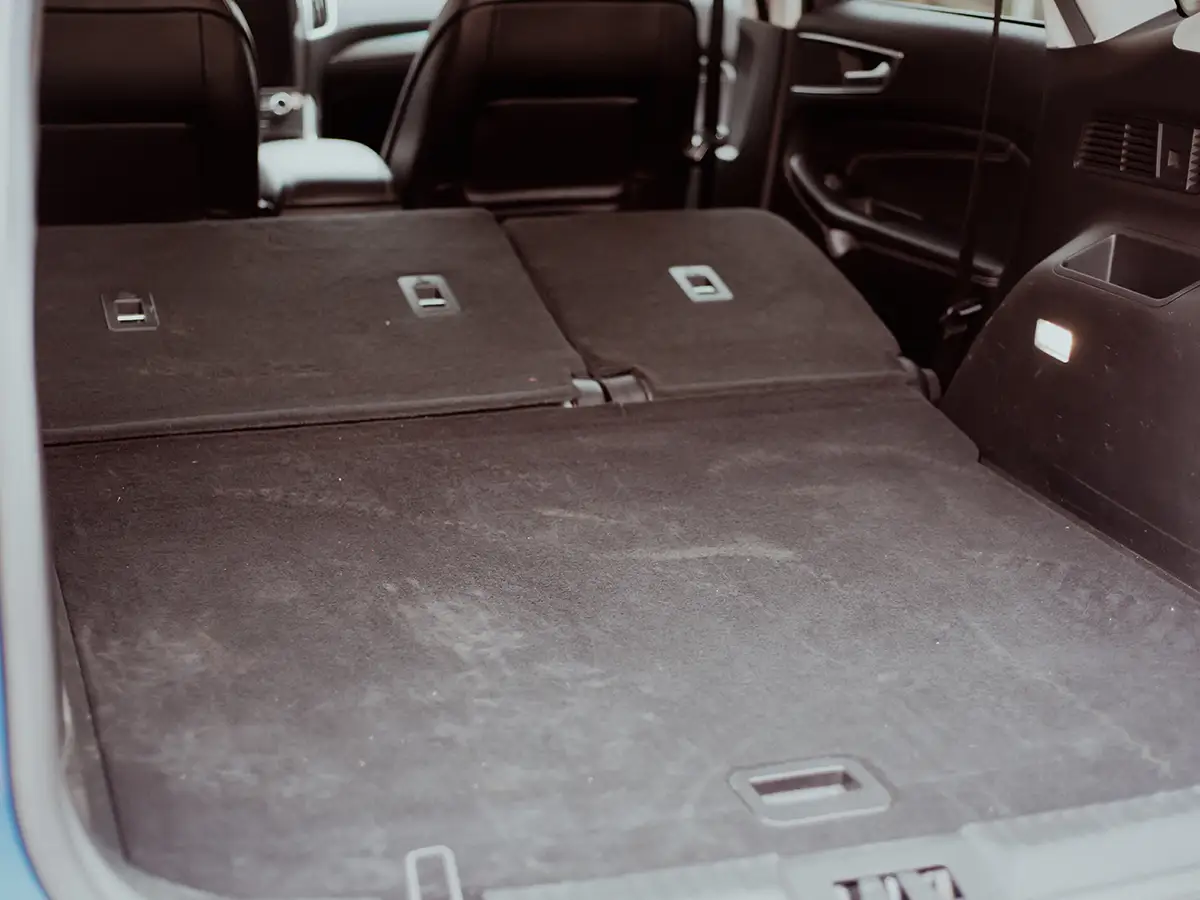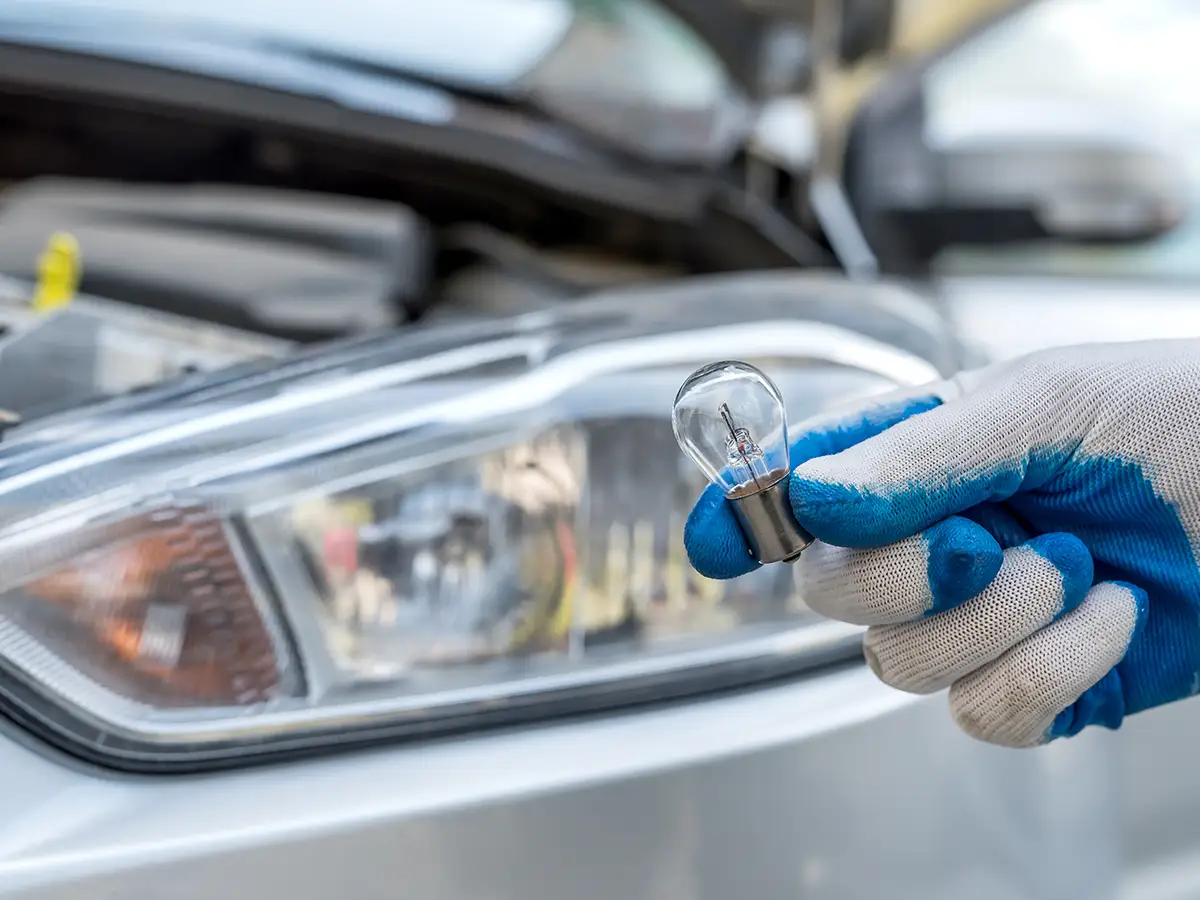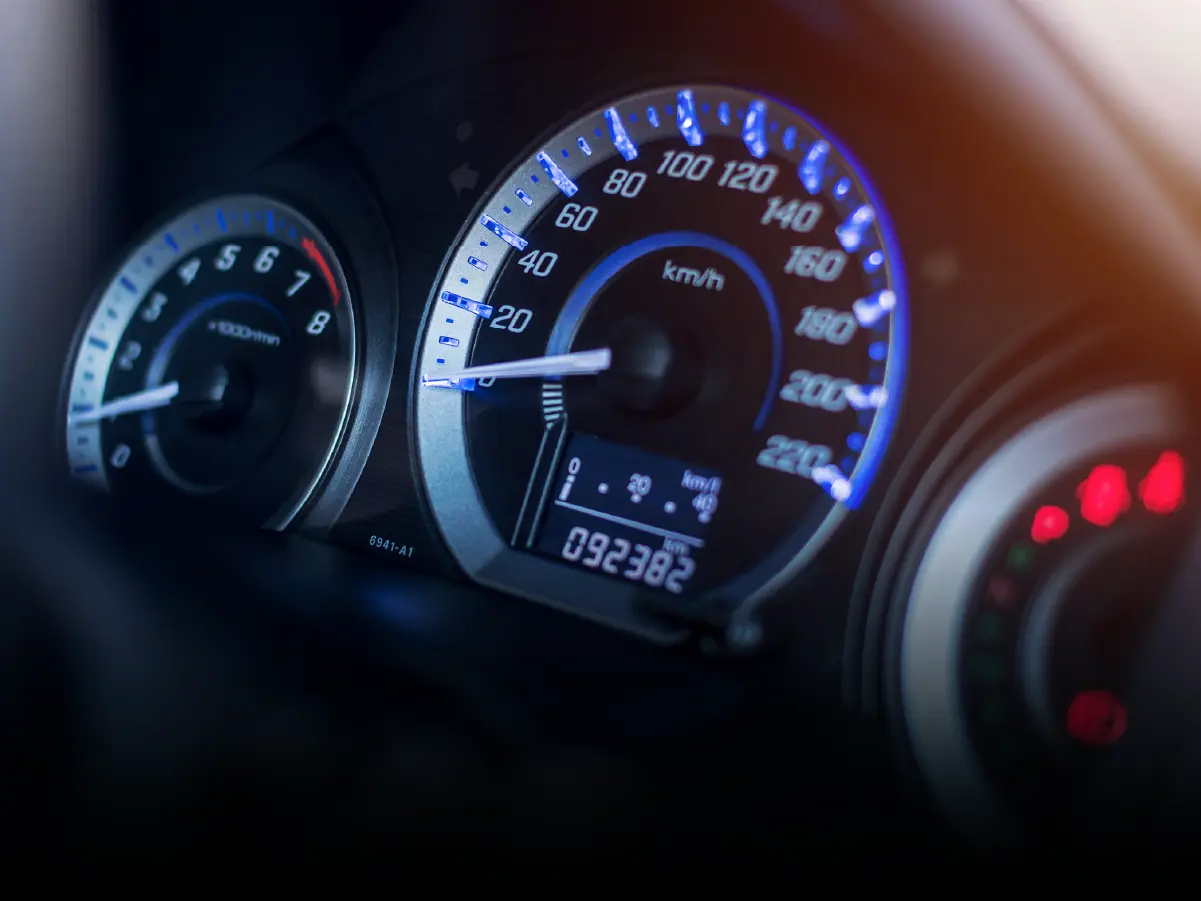

How to Detect Odometer Fraud During a Used Car PDI
- 1Learn to spot signs of odometer tampering during car inspections
- 2Match service records and tyre wear to verify actual mileage
- 3Use PDI tools like OBD scans and vehicle reports for proof
Thinking of buying a used car? Well, it’s a smart move, but only if you know what to look out for. One of the first things most buyers check is the odometer reading, as it directly impacts the car’s value, condition, and future maintenance needs.
But here’s the catch; not all readings are genuine. Some sellers roll back the reading to make the car look less used than it really is. This is called odometer fraud, and it’s one of the most common tricks in the second-hand car market. If you miss it, you could end up overpaying for a vehicle that’s already seen more wear than it shows.
That’s where a used car PDI (pre-delivery inspection) becomes crucial. It gives you the chance to check if the mileage shown matches the car’s actual usage. A thorough inspection helps you spot tampering and make a confident decision.
This article explores how odometer fraud works, how to detect it during a second-hand car inspection, and what tools or warning signs can help you stay away from a bad deal.
Understand the Importance of Accurate Mileage
The total distance covered by a second hand car is one of the most crucial aspects in determining its price. A vehicle that runs fewer kilometres usually means less wear and tear. On the other hand, a vehicle with higher usage tends to fetch lower value because of increased wear and the high risk of unforeseen expenses in terms of repair costs.
Hence, many owners and buyers resort to activitie Sust as odometer rollback to get more than what the car’s actual worth is when selling. A used car inspection can help save buyers from this fraud, and get a car that’s actually worth the amount they’re paying.

Take a close look at the pedals and gear knob
If the car claims to have done just 30,000 km, but the brake pedal is looking a bit too scuffed or the gear knob feels worn out, it could be a sign of odometer tampering. Light usage shouldn’t leave heavy marks.
Check the dashboard for any tampering signs
Tampering often means someone’s opened up the instrument cluster. If you notice scratches near the screws, loose panels, or anything that looks like it’s been forced open, it’s worth asking questions.
- Match the service history with the current reading
A car service history records its past journey. If past records show much higher mileage than what’s on the odometer now, or if there are large unexplained gaps, it could be a dead giveaway of tampering.
Look at the tyres – they tell their own story
Most tyres last around 40,000 to 50,000 km. If you’re buying a car with ‘low mileage’ but the tyres look unusually old or worn, something’s not adding up.
Spotting odometer tampering isn’t always easy, but keeping an eye on these little things during your used car inspection can help you steer clear of a bad deal.
Check the Used Car’s Digital Records through a PDI
You can trust the digital records of used cars derived by using a pre-delivery inspection service to make an informed decision. Here are the records that you must verify:
Vehicle History Report
Pre-delivery inspection reports are essential for understanding a vehicle’s history, as they provide insights into the car’s past mileage, insurance claims, and major repairs. It is crucial in identifying used car issues that might not be evident during a normal visual inspection.
Use Onboard Diagnostics (OBD) Tools
Modern used car inspection reports also include reports from scans through OBD (Onboard Diagnostics) tools. As modern cars are equipped with several sensors, it becomes imperative to verify data from the engine, sensors and other systems for faults. You can also find the total kilometres run in the ECU’s data, and cross-check it with the odometer reading to confirm the vehicle’s actual usage.
Conclusion: Protect Yourself from Odometer Fraud
A vehicle which has undergone odometer tampering could bring with it hidden surprises, sudden breakdowns, and hefty repair costs, not to mention the mental hassle and turmoil. You can easily avoid falling prey to odometer fraud by opting for a professional used car inspection through CARS24, and gain insights into the vehicle’s actual usage and condition, helping you make an informed decision.
Frequently Asked Questions
Expand all